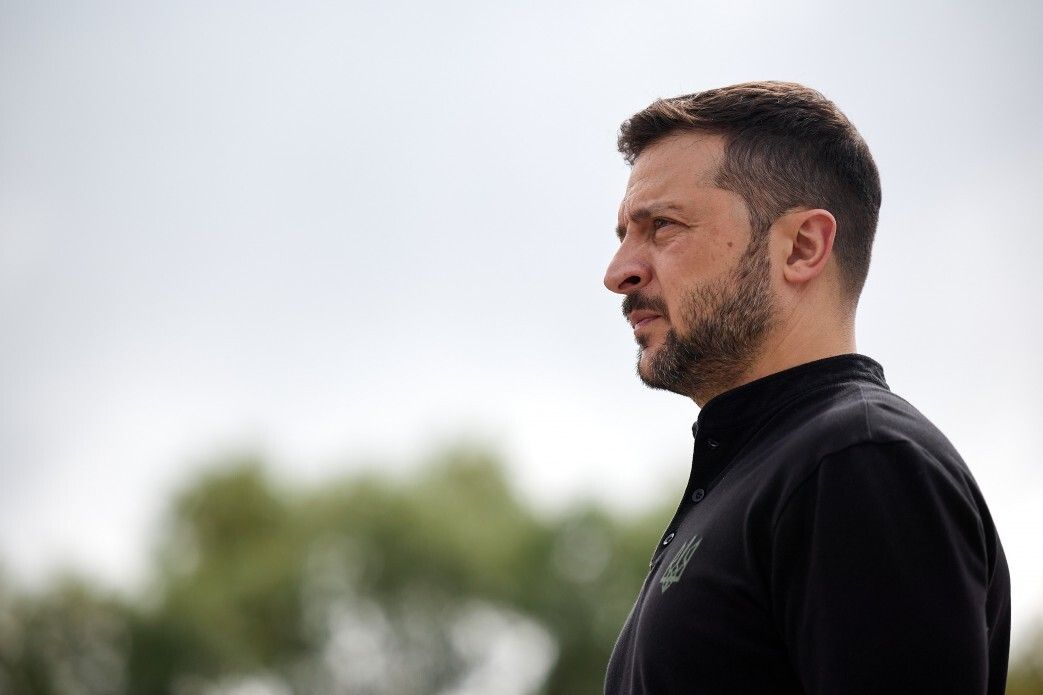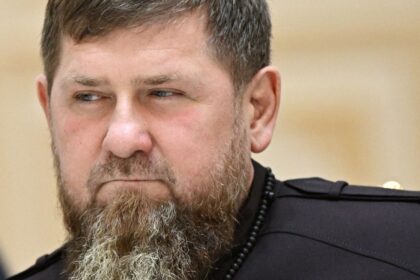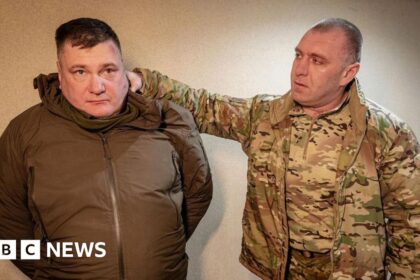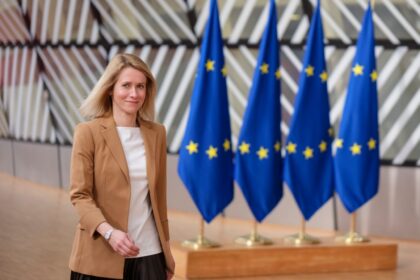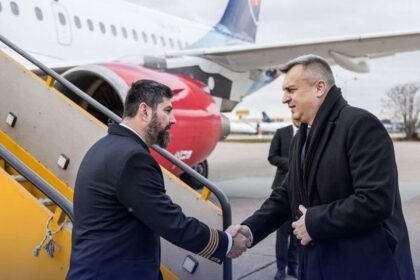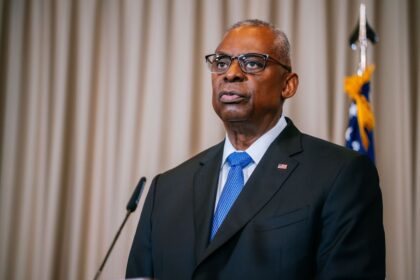**Ukraine Insists on Ceasefire Before Discussing Occupied Territories**
In a recent statement, Ukrainian President Volodymyr Zelensky emphasized that the country will only discuss its occupied territories with Russia after a full and unconditional ceasefire has been reached. This stance comes as Washington’s latest proposal for ending Russia’s war against Ukraine reportedly includes U.S. de jure recognition of Moscow’s control over Crimea.
According to Zelensky, a complete ceasefire would open up possibilities for discussing territorial issues with Russia. However, he stressed that Ukraine is not willing to give up its sovereignty without a genuine commitment from the Russian side. “A full unconditional ceasefire opens the possibility to discuss everything,” he told journalists on April 25.
This demand has been reiterated by Zelensky in previous statements as well. On March 11, Ukraine agreed to a U.S.-proposed 30-day ceasefire, but Russia has so far refused to accept the terms. The Ukrainian President urged allies to continue putting pressure on Russia through diplomatic means and economic sanctions to bring an end to its occupation of Ukraine’s territories.
**Why Crimea Must be Returned Diplomatically**
It is essential to understand why Zelensky insists that Crimea must be returned diplomatically, rather than being a part of any peace deal. Crimea was annexed by Russia in 2014, and the international community has consistently rejected this move as illegitimate. By insisting on a diplomatic return of Crimea, Ukraine is seeking recognition of its sovereignty over the peninsula.
Furthermore, Zelensky’s statement highlights the complexities of negotiating with Russia. The Ukrainian President expressed concerns that Ukraine may not have enough military might to regain control of Crimea by force, citing recent remarks made by U.S. President Donald Trump. This suggests that a diplomatic solution is more desirable for both parties.
**The Road Ahead**
The latest developments in negotiations between Ukraine and Russia indicate that Moscow is unwilling to move forward on a peace deal with Ukraine. Russian authorities have presented maximalist demands in ceasefire negotiations, making it challenging for the two sides to reach an agreement. The ball, therefore, lies in Russia’s court. Will Moscow demonstrate its willingness to engage in serious diplomatic efforts, or will the conflict continue to escalate?
One thing is clear: Ukraine will not compromise on its sovereignty and territorial integrity without a genuine commitment from the Russian side. As Zelensky emphasized, “We are ready for dialogue in any format, at any time, but only after a real signal that Russia is ready to end the war.”




